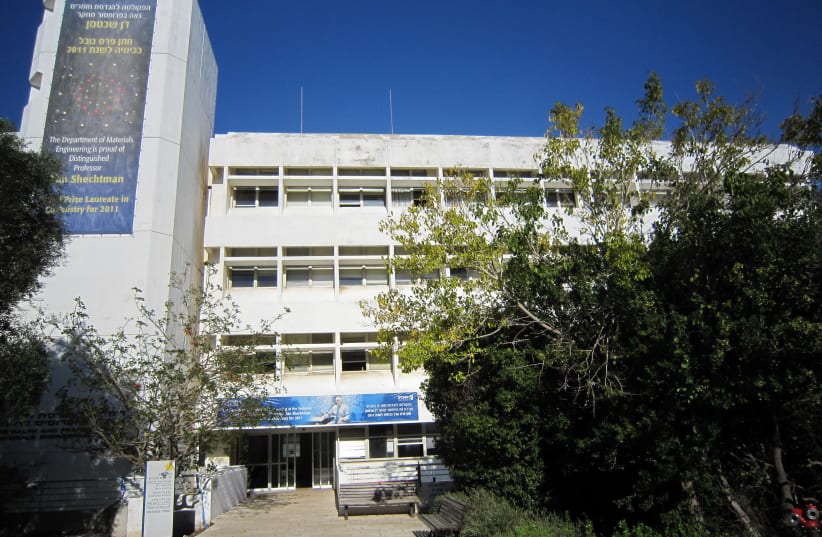Researchers at the Technion Institute of Technology have developed an innovative method for the formation of nanowires.
Nanowires form within line defects that are present in metals, known as dislocations. Dislocations affect a material's properties on both a macro and micro scale.
The research was led by Professor Boaz Pokroy and Ph.D. student Lotan Portal, in the Faculty of Material Science and Engineering and the Russell Berrie Nanotechnology Institute.
The research team created nanowires of gold-cyanide complex from classic Au-Ag alloy. They synthesized inorganic gold-cyanide systems in the shape of nanowires, using an autocatalytic reaction (accelerating the reaction by one of its reactants). The gold-cyanide complex is used in numerous fields including ammonia gas detection and the acceleration of water-splitting reactions, among others.
The results showed that nanowires crystallize at the dislocation ends on the surface of the original gold-silver (Au-Ag) alloy, and the final structure obtained is classic nanoporous (sponge-like) gold, with a layer of nanowires emerging from it.
The findings pave the way for future research on growing one-dimensional inorganic complexes, and the results have numerous possible applications.
The study was published in PNAS.
